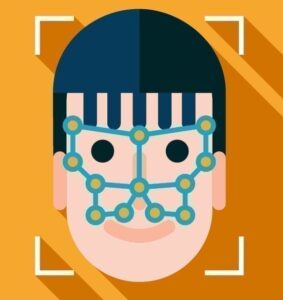Law enforcement authorities’ use of facial recognition technology is putting half of Americans into a “perpetual lineup” of potential criminals, according to a new study from Georgetown Law’s Center on Privacy and Technology. The study suggests that excessive use of the technology is violating numerous Americans’ civil rights.
 It’s the product of a year-long investigation based on over 100 requests for police records, with the research producing numerous concerning revelations. Leading facial recognition algorithms can be up to 10 percent less accurate when applied to African American subjects. Only four of 52 police agencies studied offer an official policy on the use of facial recognition, and only nine of them reported auditing their use of such technology. The technology is said to exacerbate the racial bias already widespread in America’s law enforcement apparatus. And, thanks in large part to the FBI’s use of facial recognition on the ID documents of criminals and non-criminals alike, over 117 million Americans have been identified by authorities using such technology.
It’s the product of a year-long investigation based on over 100 requests for police records, with the research producing numerous concerning revelations. Leading facial recognition algorithms can be up to 10 percent less accurate when applied to African American subjects. Only four of 52 police agencies studied offer an official policy on the use of facial recognition, and only nine of them reported auditing their use of such technology. The technology is said to exacerbate the racial bias already widespread in America’s law enforcement apparatus. And, thanks in large part to the FBI’s use of facial recognition on the ID documents of criminals and non-criminals alike, over 117 million Americans have been identified by authorities using such technology.
Much of the report’s alarm revolves around this last point and the FBI’s use of facial recognition technology in general. It’s a program that came to public light only this past summer with the publication of a report from the Government Accountability Office. Called Facial Analysis, Comparison, and Evaluation, or FACE, the program operates with little to no oversight, and was found by the GAO to be in violation of the Privacy Act.
Proposed remedies to the problems outlined in the report primarily revolve around the establishment of oversight and accountability systems for the use of biometric identification, and clearly defined limitations to how it can be used, as exemplified in the Ohio Bureau of Criminal Investigation’s policy against using such technology to investigate individuals over their religious or political speech – the only such official restriction currently in place in the country.
Sources: Georgetown Law Center on Privacy & Technology, The New York Times, The Guardian
–
October 20, 2016 – by Alex Perala


Follow Us